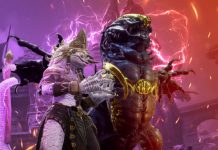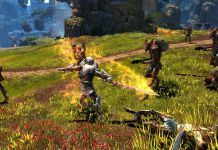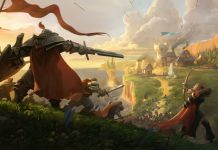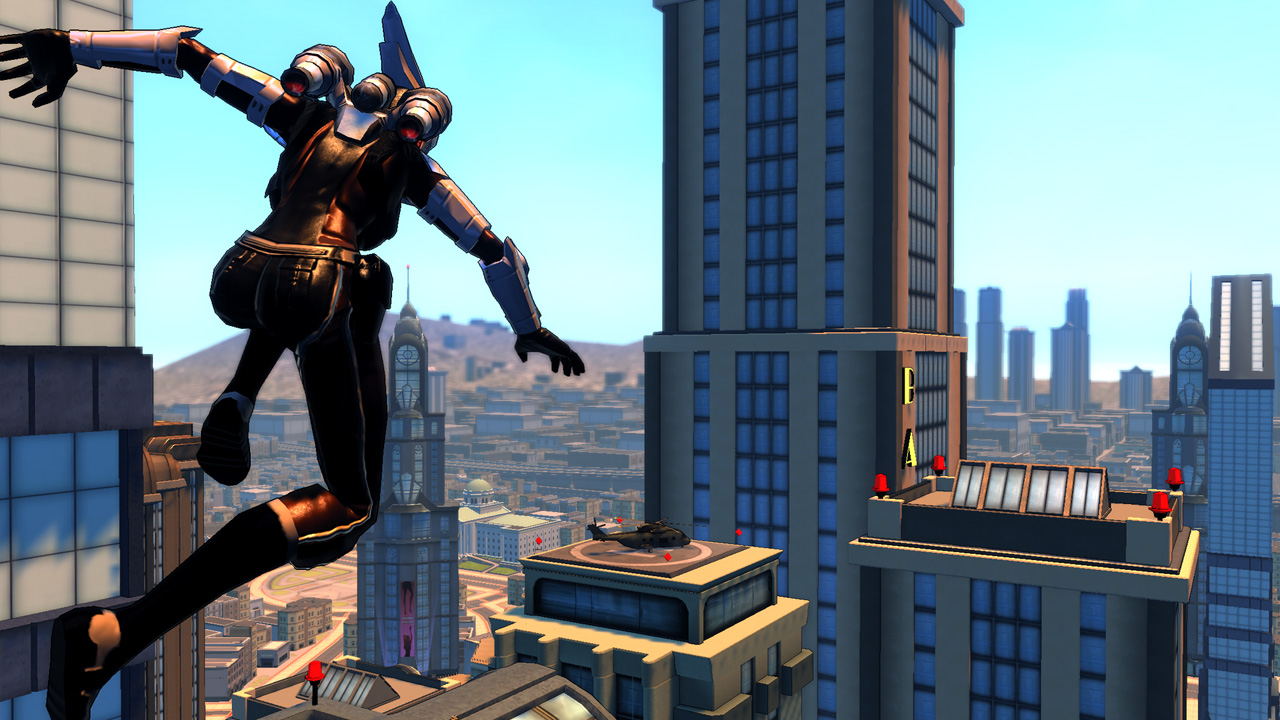Cryptic's CEO: "The Design Side" Of F2P, Not Engineering, Is "Really Hard"
We've probably all heard about how difficult it is for a game to transition from being a paid title to a free-to-play one. While that's undoubtedly true, most of the work we envision usually has to deal with the technical side of things rather than the social aspects and the overall perception of the F2P transition from the players. At least one CEO of a F2P gaming company doesn't think that's true.
VentureBeat has a lengthy interview with Cryptic Studios CEO Stephen D'Angelo, and if you can get past the two obvious typos in the article's first eight words, it's a solid read. 2020 is the developer's 20th year of existence, and it was nearly half that time ago that it shifted to a free-to-play model for all of its MMORPGs: Champions Online in 2011 and Star Trek Online in 2012, with Neverwinter arriving on the scene in 2013. The biggest challenge in going F2P for Cryptic wasn't the programming hurdles but finding acceptance among players.
"The free-to-play transition required you to rethink how you approach your customer," D'Angelo said. "In many ways going free-to-play makes you hold yourself to a higher bar," and Cryptic failed that test with its first implementation of F2P for Champions Online. "We did what a lot of other developers do when they go free-to-play, which is put buy buttons on things, take features people had and put them behind money. We took all of our content and made it act like DLC."
Players "hated it," so Cryptic went back to the drawing board to find a better way to monetize its game and pave the way for its other games' transitions. D'Angelo was the executive producer for Star Trek Online when it went free-to-play and felt that his team "managed that one really smoothly." He said that they probably put more work into creating a new guild UI than the free-to-play UI and that "the engineering side of free-to-play really wasn't that challenging. It's the design side that's really hard."
Speaking of Star Trek Online, it's still doing just fine in its 10th year. D'Angelo let loose with a little bit of financial info for the game, which has pulled in remarkably consistent revenue through the years. Its worst year was "only 20 percent below the best year," and he thinks this year will be only about 5% below that high-water mark. He's learned the lesson that a lot of online game developers seemed to fail at, which is that "this is not an industry where you spike big, get your big sales, then everyone bleeds away in 18 months."
That realization probably helps explain why Magic: Legends was pushed back into next year -- it will do big numbers when it launches, whether that's this year or the next, but it has a better chance of long-term success if the team can put the proper work into it. D'Angelo used to work for Wizards of the Coast and said in the interview (many times) that that pre-existing relationship was a reason why the game got approved, so it's something he clearly cares a lot about and wants to see succeed -- no matter how long it takes.
Related Articles
About the Author

Jason Winter is a veteran gaming journalist, he brings a wide range of experience to MMOBomb, including two years with Beckett Media where he served as the editor of the leading gaming magazine Massive Online Gamer. He has also written professionally for several gaming websites.
More Stories by Jason WinterRead Next

If you're a PlayStation 4 user who threw down cash for Bless Unleashed's Ultimate Founder's Pack, then today's the day you start reaping the benefits.
You May Enjoy

I've been covering this stuff for 15 years now and I still think about each of these from time to time.

The new leaders are long time members of the senior design team.

Across the time he worked on some of Blizzard’s best-known games.

Earn special decals and a new profile icon.

Discussion (0)